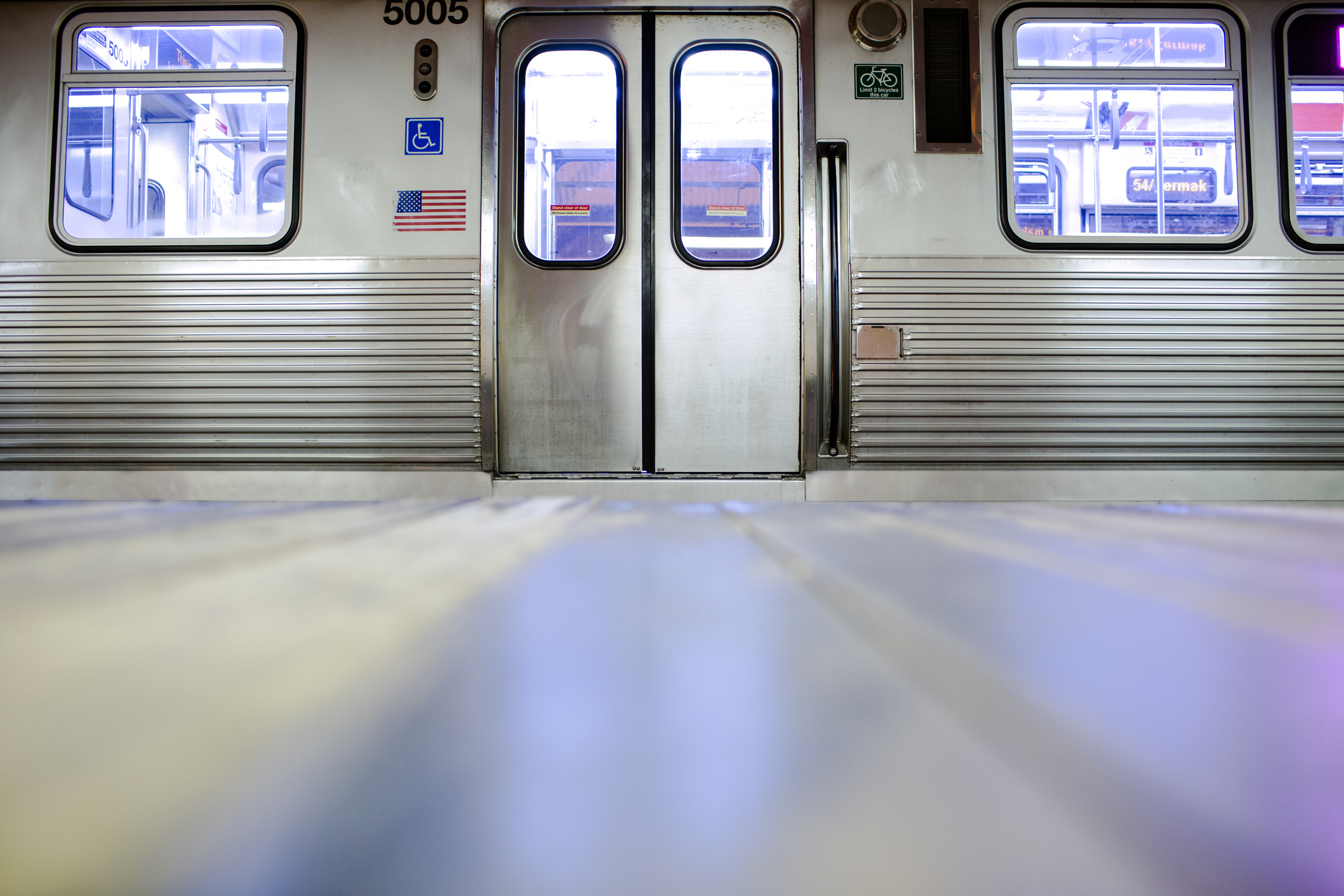With its mayor casting the deciding vote late Monday, Evanston’s City Council approved Northwestern University’s plan to rebuild its Ryan Field football stadium and allow it to host concerts in proximity to single-family homes.
But as with close calls on the gridiron, this ruling is liable to undergo further review.
Stream NBC 5 for free, 24/7, wherever you are.
The council voted 5-4 to amend the zoning that applies to Ryan Field by including concerts as a permitted use. Carrying over a split evident during prior public meetings, alderpersons were divided 4-4 on the question and Mayor Daniel Biss broke the tie, voting for Northwestern’s request.
One member of Evanston’s nine-person council recused himself because he works for NU.
Clear division on the council were on display. Its members approved amendments tweaking the language of the zoning ordinance after first spending several hours debating a separate contract the city would sign with Northwestern. Called a memorandum of understanding, or MOU, it would govern oversight of the concerts and whether the university could cut financial contributions if it’s unhappy with future city regulations.
The council also approved the MOU on a 5-4 vote, with Biss casting the tiebreaker and putting his fingerprint squarely on the NU deal. Some alderpersons criticized his role and argued they had been kept out of negotiations involving NU and the city.
“This whole so-called process has been mishandled,” said Ald. Clare Kelly (1st), a concert opponent. Referring to Biss, she said, “He subverted the city leadership by allowing this to transpire.” Biss did not respond during the public meeting.
Local
Alderpersons who support Northwestern’s deal replied that the opposition never wanted to engage in discussions. One member of Evanston’s nine-person council recused himself because he works for NU, leading to the deadlock requiring Biss to vote.
Northwestern’s representatives at the meeting voiced frustration over last-minute amendments to a deal they thought was final. And even alderpeople who backed NU said the city’s review could have been handled better.
Feeling out of the loop? We'll catch you up on the news you need to know with the Chicago Catch-Up newsletter.
Northwestern has argued it needs revenue from the concerts to help pay for the estimated $800 million stadium project.
The issue has provoked long public meetings in Evanston dominated by criticism of the effects concert crowds might have on the blocks nearby. Opponents have accused Biss and city officials of negotiating with NU in private. One foe already has started a “Better than Biss” online effort to recruit a new candidate for mayor.
Supporters held to their view that a new stadium with concerts would have economic benefits. They also contend the MOU with Northwestern assures that the private university will pay local schools and organizations $157.5 million over 15 years in exchange for the town’s approval.
Ald. Devon Reid (8th), who supports the school’s plan, said it will benefit the community and shouldn’t be stymied by residents in one section of town. “For some people, this may not positively impact their quality of life. For others, it will be a dream,” Reid said in an interview before the council meeting.
The Ryan Field opposition is centered on a wealthy part of town that pays high property taxes when NU pays none. Asked if the dispute has divided Evanston along economic lines, Reid said, “This is a split between those who prioritize the good of the entire city versus the concerns of just a few.”
Northwestern wants to demolish the 97-year-old Ryan Field, home of the Big Ten’s Wildcats, at 1501 Central St. It would rebuild the stadium with modern sound and lighting to accommodate concerts and other events. Its seating capacity would be 35,000 for football and 28,500 for the maximum of six annual concerts the zoning would allow.
Critics, under the banner of the Most Livable City Association and other groups, have no quarrel with football but contend nighttime concerts would bring crowds, traffic and noise to their residential enclave. The opponents are expected to sue the city over its zoning decision within days.
David DeCarlo, president of Most Livable City, said Evanston has gotten bad legal advice, which should worry residents. He said the MOU with Northwestern restricts the city’s ability to regulate concerts in the future while the community benefits are limited to 15 years. “This is a forever deal,” he said.
He declined to comment on plans for a lawsuit.
Opponents contend they have obtained signatures of most property owners within 500 feet of Ryan Field, which would trigger a requirement for a supermajority vote for a zoning change.
At Monday’s meeting, Evanston’s interim corporate counsel, Alexandra Ruggie, said lawyers have examined the arguments about the higher vote standards. “Each and every determination we have come to is that five votes are required,” she said.
Reid called the opposition’s arguments “kind of ridiculous” and said the city’s law department has assured him the council is following the right process. “The council retains its ability to amend the zoning code. The concerts are not forever,” he said.
Biss did not return a call before the meeting. Last week, Biss said he was leaning strongly in favor of the NU proposal but would listen to arguments.
Dave Davis, senior executive director of neighborhood and community relations at NU, would not discuss any legal challenges. He said that once approval is in place, he expects NU to start work on the project immediately.
It wants to deliver the new stadium by 2026. There has been no announcement about where the Wildcats will play in the meantime.
In voting for the concerts, the council turned aside the recommendation of the city’s Land Use Commission. In October, the advisory commission voted 7-2 against the zoning amendment for concerts.



